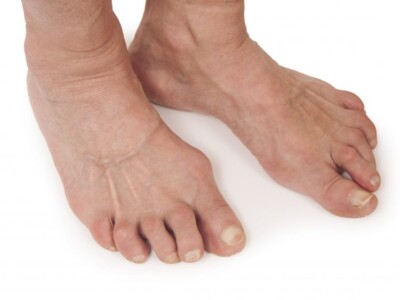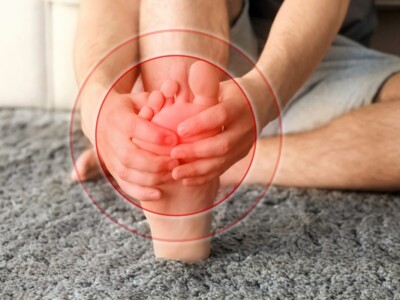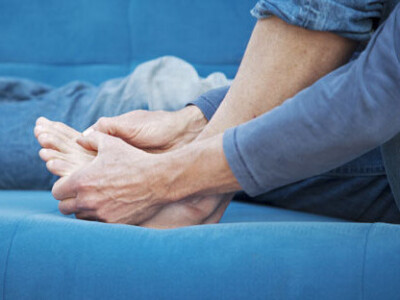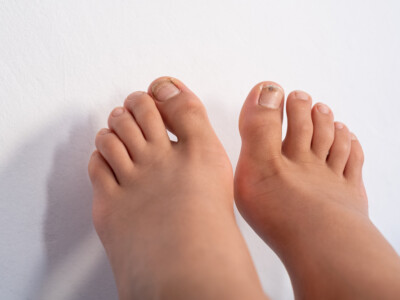Diabetic Foot Assessments
If you have diabetes, looking after your feet is really important. Yet it’s often one of the most overlooked aspects of diabetes management. Our highly trained, professional podiatrists are experts in diabetic foot assessment and providing advice and therapy to help those with diabetes manage their foot care.
Why is Podiatry essential for people with Diabetes?
People with diabetes often have higher levels of blood glucose, which affects your circulation and nervous system. The reduction of blood supply to your feet can cause damage to your nerve endings, something known as peripheral neuropathy.
Peripheral neuropathy can lead to insensitivity, which means you lose the ability to feel pain and distinguish hot or cold. So you may not notice if you have a minor cut, sore or wound.
In addition, poor circulation makes it difficult for your body to heal, so a minor problem left unchecked could lead to serious complications including foot ulcers, foot infections, and even amputation. Other complications for people with peripheral neuropathy are a loss of balance and coordination, and muscle weakness in the feet.
Our thorough diabetic foot assessments concentrate on four main areas:
- Neurological assessment
- Vascular assessment
- Skin assessment
- Pain or discomfort assessment
Foot Care Tips
If you suffer from diabetes, it’s essential to check your feet daily for any signs of damage. In addition, you should have regular foot assessments with a professional podiatrist to reduce the risk of injury, infection, and other complications.
We will show you how to examine your feet yourself so you can perform checks in between appointments, treat any minor cuts, grazes, bruises and abrasions, and make sure your shoes and socks fit correctly. A copy of the results of the assessment will be sent to your GP, unless you request otherwise.
Diabetes sufferers should also take note of the following foot care tips:
- Ensure your feet are clean and free from infection
- Wear only well-fitting shoes. Ill-fitting shoes can can result in blisterts, ulcers, corns and calluses, and nail problems.
- Avoid walking barefoot, especially when outside to reduce the risks of cuts and grazes.
- Try to avoid sitting cross-legged as this can hinder circulation.
- Cut and file your toenails regularly. When cutting tour nails cut straight across
- Moisturise your skin paying particular attention to your heels, as dry skin can lead to cracking and fissures
- Wear the right shoes. We can recommend the ideal footwear for people with diabetes
- Never attempt to treat corns or hard-skin yourself. Always consult a podiatrist
Book a Podiatry Appointment
OTHER CONDITIONS WE TREAT
What our clients say









